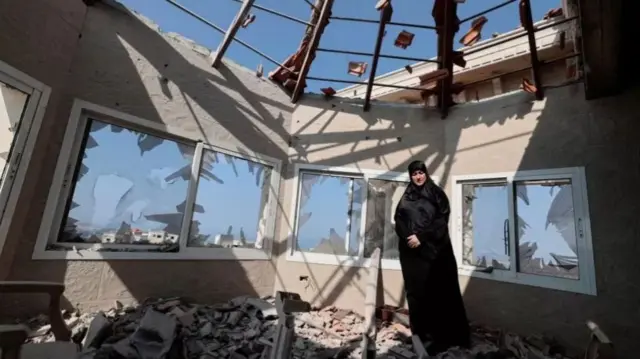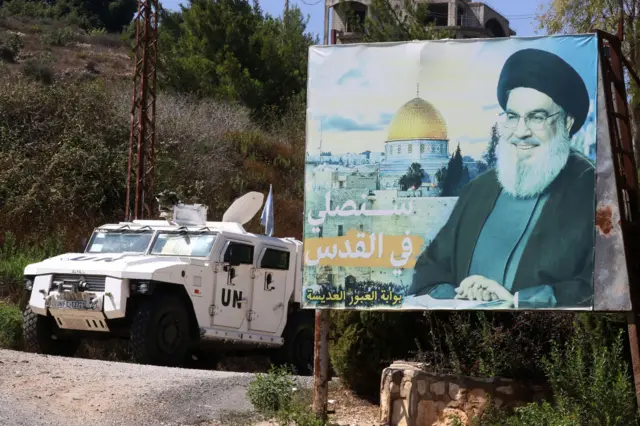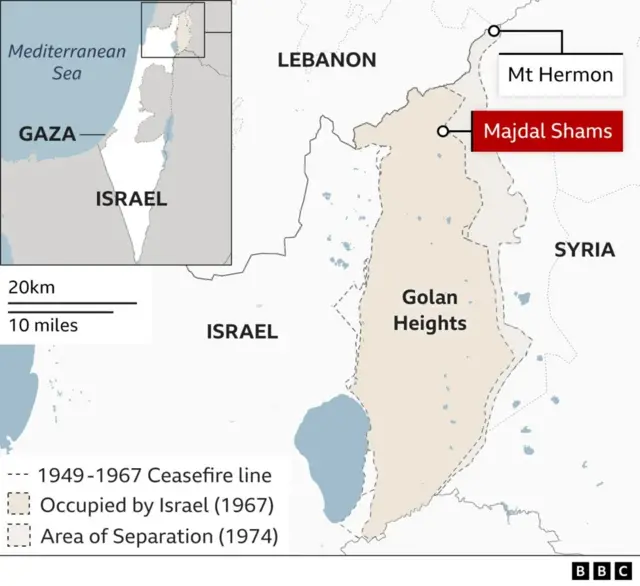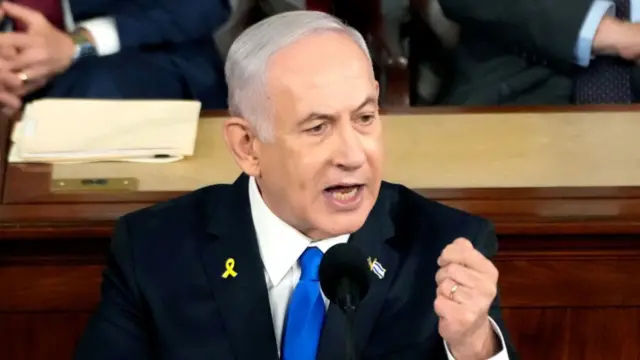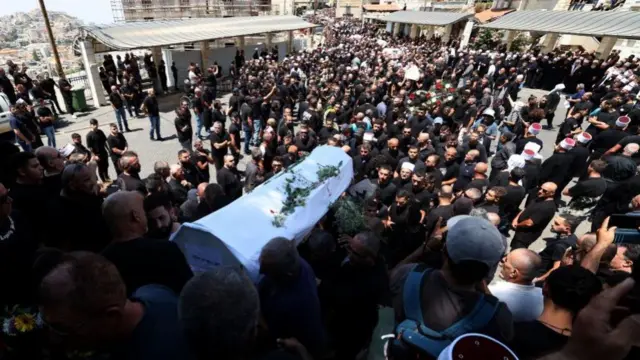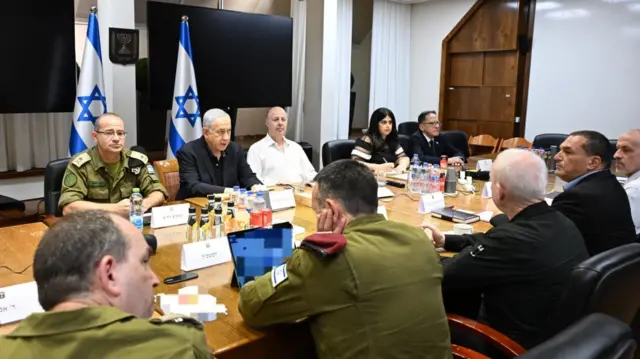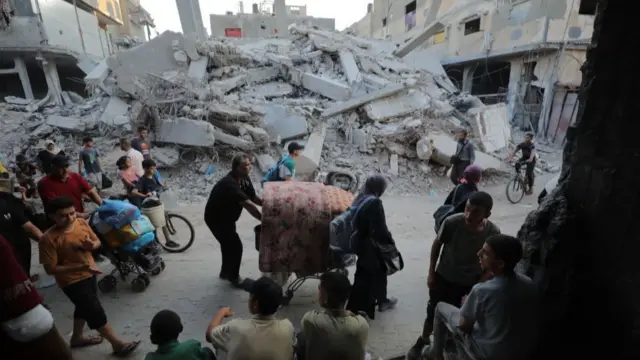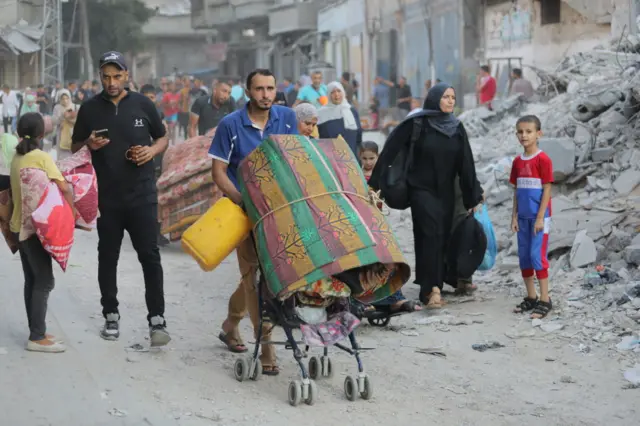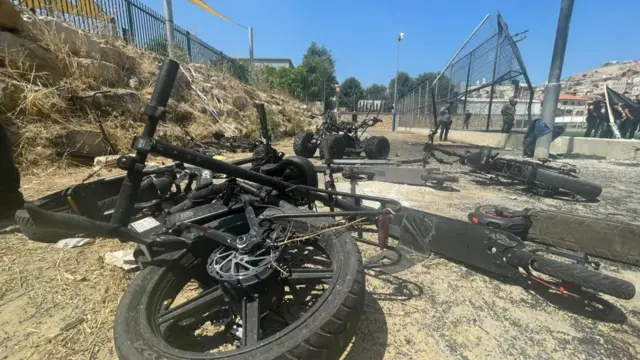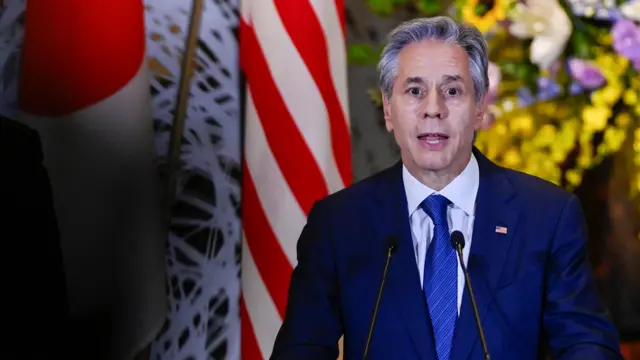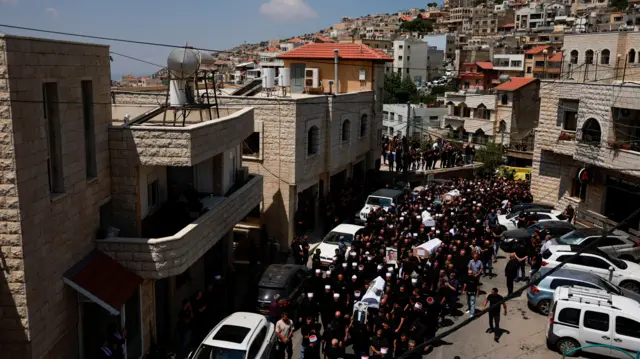We're pausing our coveragepublished at 06:39 British Summer Time 29 July
We're pausing our live coverage for now.
Earlier on Saturday, a rocket from Lebanon struck a football field in the Israeli-controlled Golan Heights, killing 12 children.
The US and Israel have blamed the attack on Hezbollah, though Hezbollah has strongly denied any involvement.
The region is bracing for a potential response from Israel - which has sworn Hezbollah would “pay the price” for the attack - with fears that a major Israeli reprisal against could trigger a regional war.
